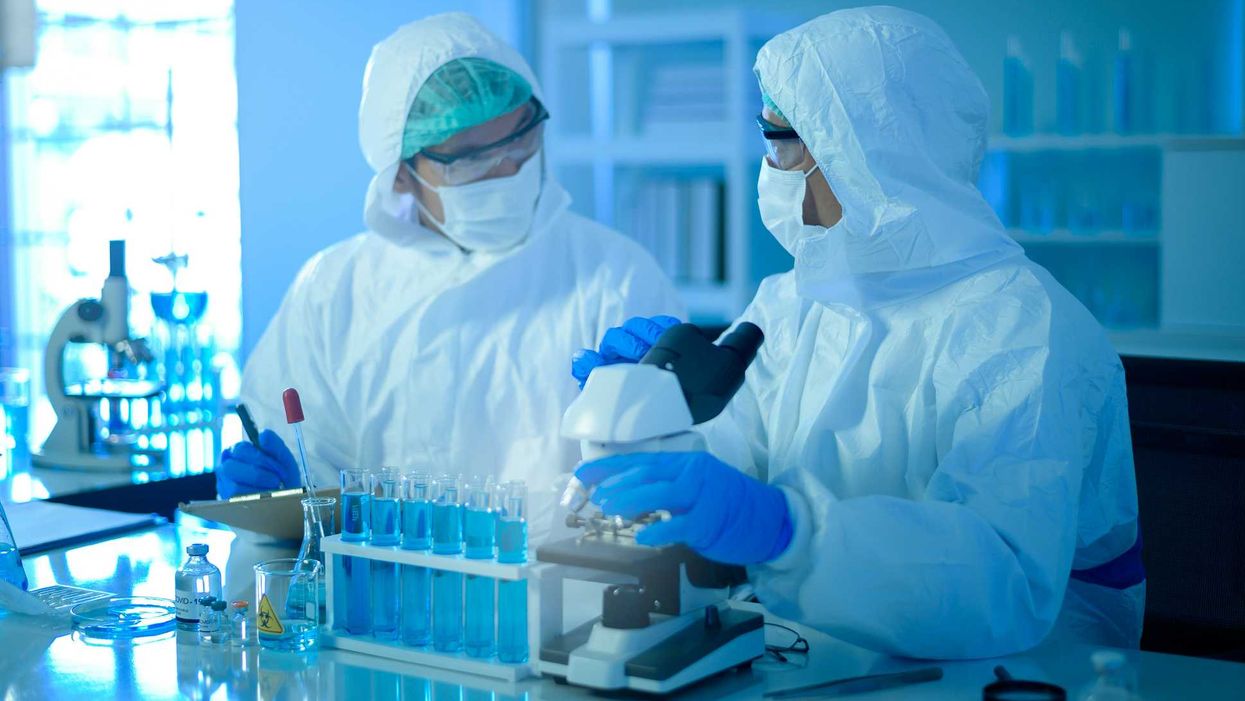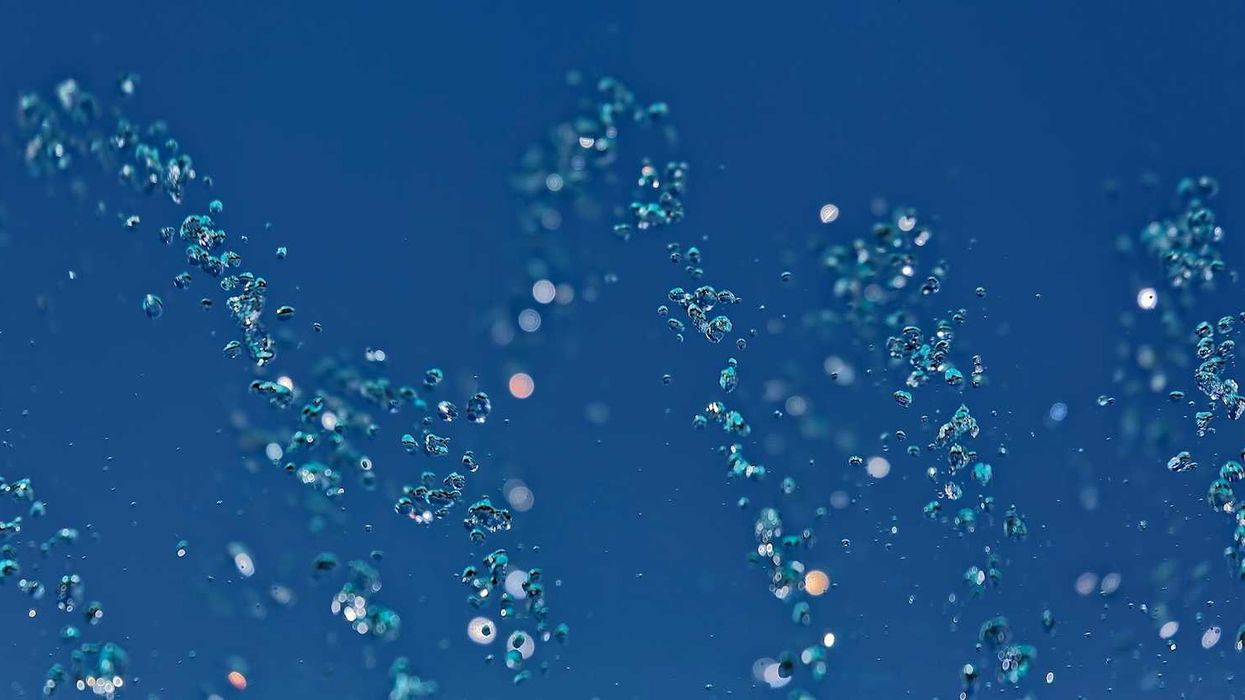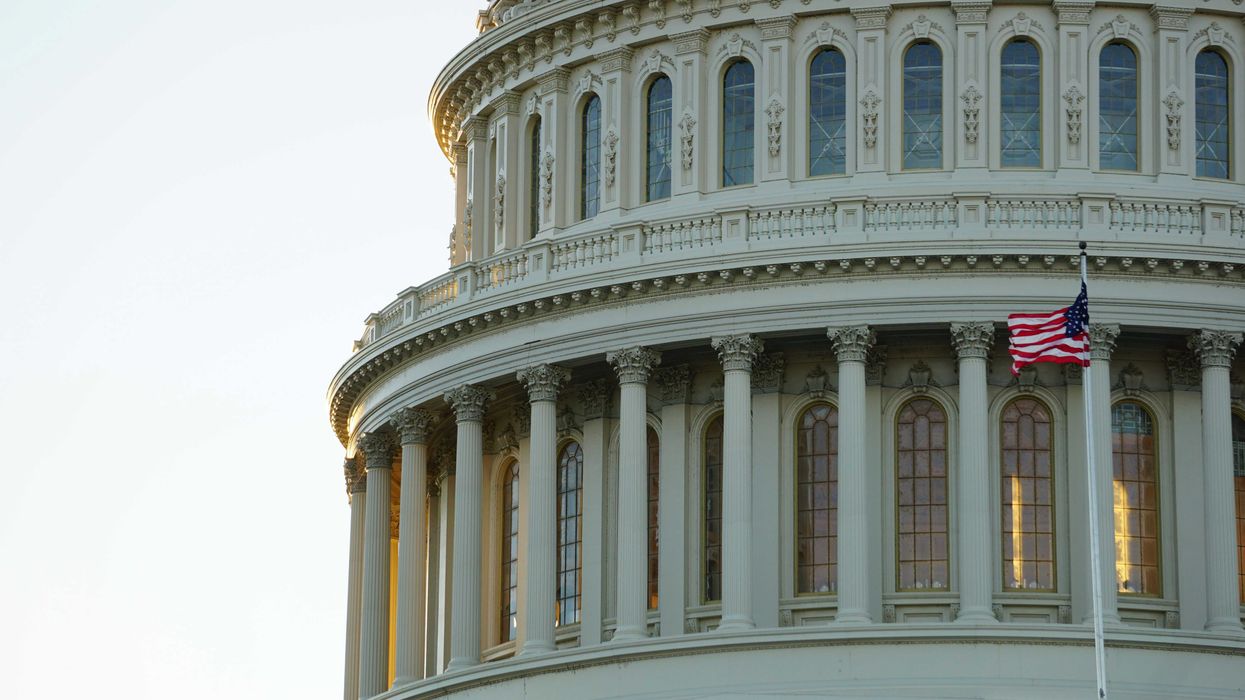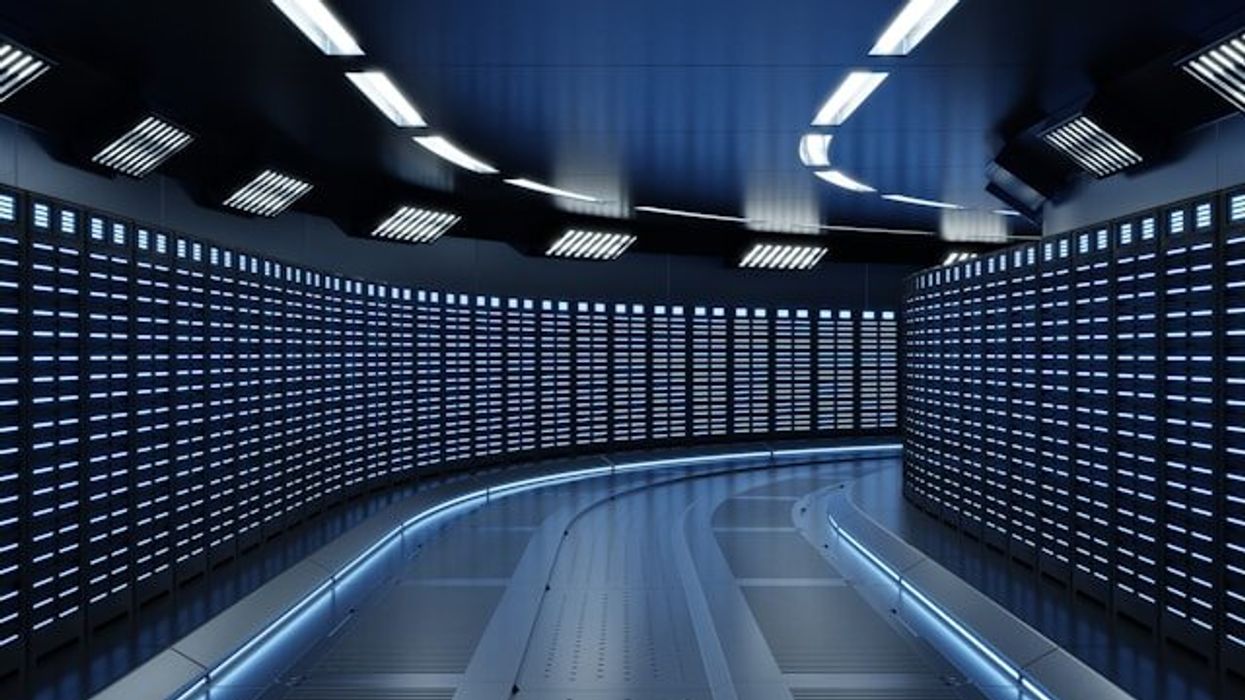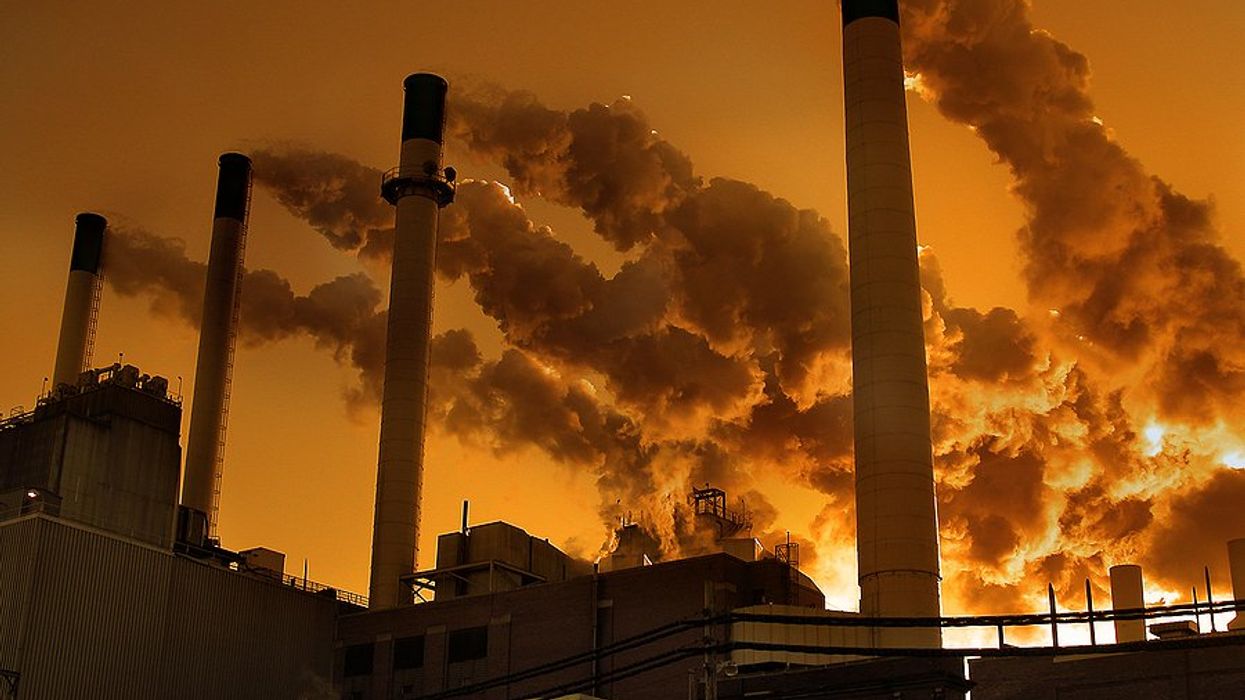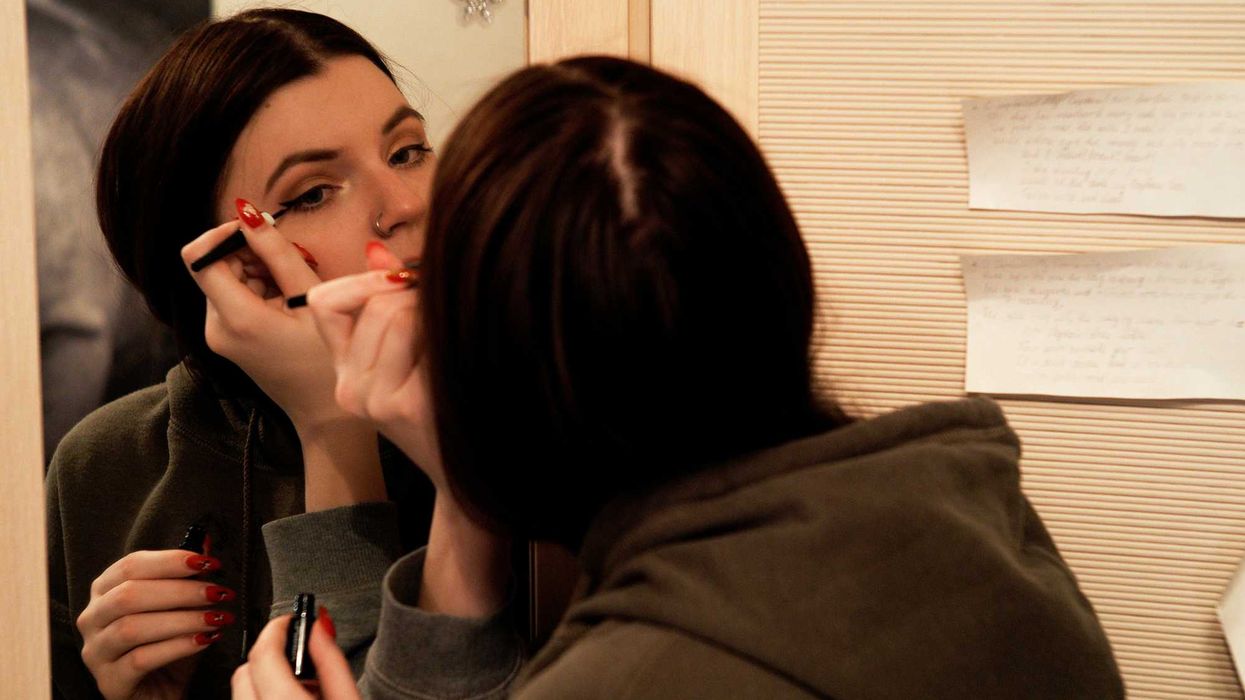A bill giving Missouri officials more authority and funding to investigate radioactive contamination tied to the World War II-era atomic bomb development passed the state legislature unanimously and now awaits the governor’s signature.
Jason Hancock reports for Missouri Independent.
In short:
- The bill allows the Missouri Department of Natural Resources to obtain search warrants to investigate radioactive contamination on previously inaccessible government property.
- It lifts a $150,000 spending cap on investigations and protects leftover funds from being redirected elsewhere, though the money cannot be used for cleanup.
- Federal agencies, including the U.S. Environmental Protection Agency and Army Corps of Engineers, remain responsible for cleaning contamination at sites like Coldwater Creek and West Lake Landfill.
Key quote:
“Let’s give them the data. Let’s see where that goes. And if they’re not willing to clean the mess up, I think we’re going to have a lot of lawsuits on our hands.”
— Nick Schroer, state senator from Defiance
Why this matters:
The radioactive waste problem in St. Louis is a legacy of the Manhattan Project, when uranium used to build the first atomic bombs was refined downtown and later dumped in unprotected sites throughout the metro area. Over decades, this material seeped into Coldwater Creek, a waterway flowing through densely populated neighborhoods. Children played along its banks. Families unknowingly built homes nearby. Now, cancer clusters and rare illnesses plague communities, and evidence shows federal agencies and contractors knew of the risks long before residents were warned. The bill moving forward in Missouri’s legislature is a step toward accountability, but it also reopens old wounds in a community that’s waited too long for answers. St. Louis remains one of the country’s clearest case studies in what happens when the government buries dangerous waste — and the truth along with it.
Related: Missouri lawmakers to address nuclear waste impact in St. Louis



